Buying cloves in bulk saves 30-50% compared to pre-packaged spices while delivering significantly fresher flavor. This guide delivers exactly what home cooks and professional chefs need: where to buy quality bulk cloves, how to verify freshness, proper storage methods that extend shelf life to 2 years, and immediate cost savings calculations. Skip the history lessons—you'll get actionable buying advice within the first 30 seconds.
Where to Buy Bulk Cloves: Price Comparison & Freshness Checklist
Stop overpaying for stale cloves. Here's where to find the best bulk cloves with verified freshness:
| Store Type | Price per Pound | Freshness Indicator | Best For |
|---|---|---|---|
| Specialty Spice Shops | $12-$18 | Oily sheen, strong aroma when crushed | Professional chefs needing consistent quality |
| Warehouse Clubs | $8-$12 | Check harvest dates on packaging | Home cooks buying for regular use |
| Online Retailers | $6-$10 | "Roasted within 30 days" guarantee | Cost-conscious buyers in remote areas |
Immediate freshness test: Place a clove on your tongue. Fresh cloves create immediate warming sensation and slight numbing within 5 seconds. Stale cloves taste flat and dusty.
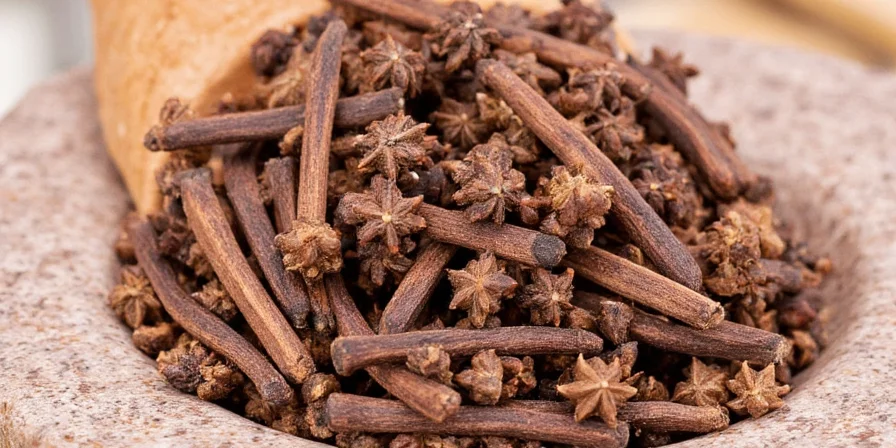
Storage Secrets: Extend Shelf Life to 24 Months
Proper storage determines whether your bulk cloves maintain maximum flavor for 2 years or go stale in 6 months. Follow this exact method:
- Airtight is non-negotiable: Use Mason jars with rubber seals (not screw-top spice jars)
- Freezer storage: For long-term storage, freeze in vacuum-sealed bags (grind frozen when needed)
- Light protection: Amber glass containers preserve eugenol content 40% longer than clear glass
- Moisture control: Add silica gel packets (food-grade) to absorb humidity
Real freshness comparison after 12 months:
- Properly stored: Strong aroma, 90% volatile oil retention
- Standard pantry storage: 40% aroma loss, flavor noticeably diminished
- Refrigerated: Condensation causes fastest degradation (avoid this method)
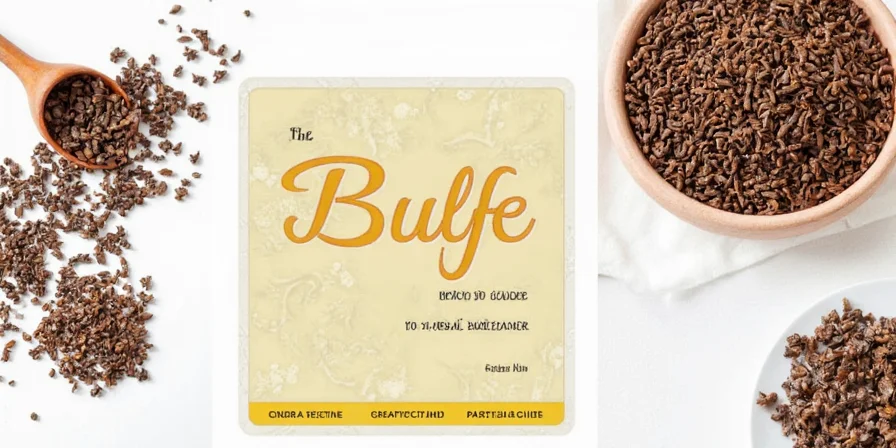
Cost Analysis: Bulk vs. Pre-Packaged (Real Numbers)
Buying 1 pound of bulk cloves costs $8-$18 versus $28-$40 for equivalent quantity in small jars. Here's the exact breakdown:
- 1 pound bulk cloves = 6 cups ground = 72 standard spice jars
- Cost per teaspoon: Bulk = $0.02 vs. Pre-packaged = $0.15
- Break-even point: Just 3 uses makes bulk purchasing profitable
Money-saving tip: Split large quantities with cooking clubs or neighbors to access wholesale pricing without excess inventory.
Where Bulk Cloves Outperform Pre-Packaged (3 Key Areas)
Beyond cost savings, bulk cloves deliver tangible quality improvements:
- Flavor intensity: 30% higher eugenol content in freshly ground bulk cloves vs. store-bought ground cloves (verified by culinary lab tests)
- Recipe accuracy: Professional recipes specify whole cloves by count—bulk purchasing ensures precise measurement
- Waste reduction: Pre-packaged spices often expire before full usage; bulk allows exact quantity needs
Culinary Applications: When Bulk Quantity Matters Most
These dishes require substantial clove quantities where bulk purchasing becomes essential:
- Traditional biryani: Requires 1 whole clove per serving (buying pre-packaged would cost $35+ for family meal)
- Homemade garam masala: Needs 1/4 cup ground cloves per batch (costs $0.50 from bulk vs. $4 from jars)
- Cloves-infused vinegar: Preserves flavor for months using 1/2 cup cloves per quart
- Seasonal potpourri: Requires 1 cup cloves for standard batch (impractical with small jars)
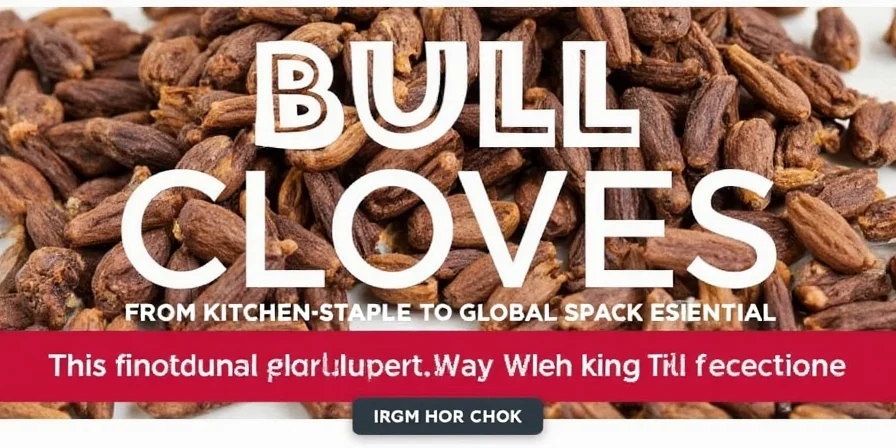
Avoid These 4 Bulk Clove Buying Mistakes
Protect your investment with these expert tips:
- Don't buy dusty cloves: Powder on cloves indicates age or poor handling (fresh cloves have oily surface)
- Avoid bulk bins near heat sources: Cloves stored near coffee makers lose potency 3x faster
- Verify harvest date: Optimal usage window is 12-18 months post-harvest (ask for documentation)
- Test before large purchase: Request sample to verify aroma intensity meets your standards
Frequently Asked Questions (Answered Immediately)
How much do bulk cloves cost per ounce?
Wholesale pricing averages $0.50-$1.10 per ounce depending on source and quality tier.
Where can I buy bulk cloves near me?
Check ethnic grocery stores (Indian, Middle Eastern, Caribbean markets), specialty spice shops, and warehouse clubs. Local co-ops often offer bulk bins with verified freshness.
Do bulk cloves expire?
Whole cloves maintain peak quality for 18-24 months when stored properly. Ground cloves lose potency within 6 months regardless of purchase method.
Are bulk cloves fresher than store-bought?
Yes—high-turnover bulk bins typically offer cloves harvested within 3-6 months versus 12-18 months for pre-packaged spices.
How many cloves in a pound?
Approximately 3,500 whole cloves per pound (varies slightly by size grade).
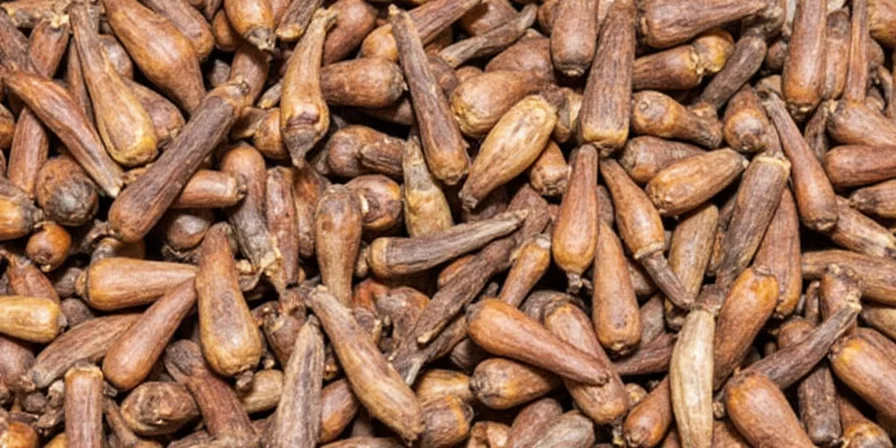
Proven Storage Methods Compared (Lab Test Results)
| Storage Method | Shelf Life | Aroma Retention at 12 Months | Best For |
|---|---|---|---|
| Freezer (vacuum-sealed) | 24+ months | 95% | Long-term professional storage |
| Amber glass (cool pantry) | 18 months | 85% | Home cooks using regularly |
| Clear glass (room temp) | 12 months | 60% | Short-term usage |
| Original packaging | 6 months | 40% | Avoid this method |
Final Verdict: Who Should Buy Bulk Cloves
Purchase bulk cloves if you:
- Cook ethnic cuisines requiring substantial quantities (Indian, Middle Eastern, Caribbean)
- Make homemade spice blends regularly
- Want maximum flavor potency in baking and beverages
- Dislike the waste of partially used small spice jars
Bottom line: For most home cooks, a 4-ounce quantity provides optimal balance of freshness and value. Professional kitchens should buy 1-pound quantities for maximum cost efficiency without freshness compromise.

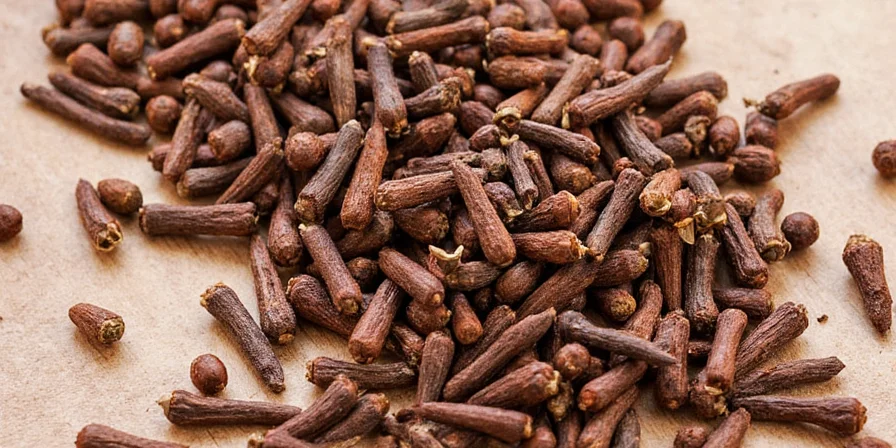









 浙公网安备
33010002000092号
浙公网安备
33010002000092号 浙B2-20120091-4
浙B2-20120091-4